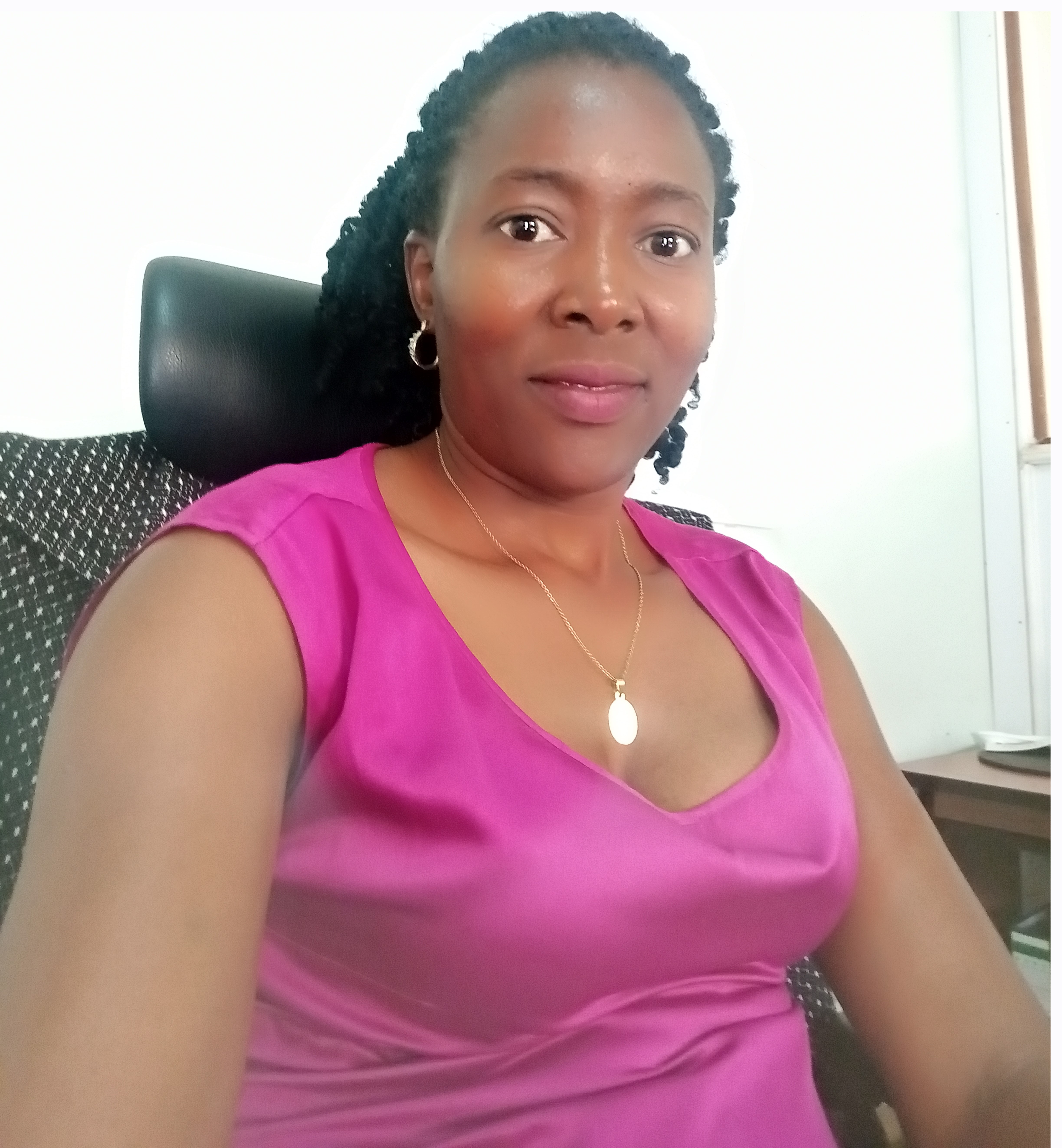Integrating the Graduation Approach into RFSAs
In this event, IDEAL shared lessons learned on applying the graduation approach in resilience food security activities (RFSAs). Presenters and event participants explored how this approach can be used in current and future programming to improve the lives of the extreme poor and most at-risk populations.
The event featured an implementer and researcher on the Bangladesh RFSA (Nobo Jatra) and from two implementers in Uganda (Nuyok and Graduating to Resilience RFSAs). The panel covered the different ways they used and adapted the graduation approach and the lessons learned through implementation and research.
View Presentation Watch Recording
Learn more about the Graduation Approach
Explore the links below to learn more about the Graduation Approach and the projects featured in this webinar:
- Considerations for Integrating the Graduation Approach within Resilience Food Security Activities (IDEAL)
- Field Voices: Emerging Evidence & Lessons on Ultra-Poor Graduation (IDEAL)
- Pathways out of ultra-poverty: A mixed methods assessment of layered interventions in coastal Bangladesh (BRAC Institute of Governance and Development, DATA, ODI, and World Vision)
- Baseline Evaluation for Phase 2 and Endline Impact Evaluation for Phase 1 of the Graduating to Resilience RFSA in Uganda (IMPEL)
- Presenters
-
 Joyce Emai, Graduation Advisor, Nuyok Program, Catholic Relief Services/Uganda
Joyce Emai, Graduation Advisor, Nuyok Program, Catholic Relief Services/UgandaJoyce has years of experience building social and economic competencies within at-risk communities, especially among women and youth. Joyce currently supports the graduation approach for Nuyok, a RFSA aiming to build resilience, livelihoods, and gender equity among thousands of Ugandan households. Previously, she helped implement the Rural Entrepreneur Access Project (REAP) which graduated ultra-poor women from extreme poverty.
 Alex Bekunda, Chief of Party, Nobo Jatra II Program, World Vision Bangladesh
Alex Bekunda, Chief of Party, Nobo Jatra II Program, World Vision Bangladesh Alex Bekunda is the Chief of Party for Nobo Jatra II, a USAID/BHA-funded RFSA implemented by World Vision International. Alex comes with 16+ years of experience from the private sector, leading international development and humanitarian programs in fragile, post-conflict, and conflict settings. He has expertise in multi-sectoral integrated programming using a systems approach to bolster resilience and sustainability through agriculture, health and nutrition, governance, WASH, and more.
 Rita Larok, Chief of Party, Graduating to Resilience, AVSI Uganda
Rita Larok, Chief of Party, Graduating to Resilience, AVSI UgandaRita is the AVSI Foundation global thematic focal person for Graduation Approach/Economic Inclusion as well as the Chief of Party of for the Graduating to Resilience activity in Kamwenge, Uganda. She has 17 years of experience in development and humanitarian settings and is a member of the Advisory group for the Partnership for Economic Inclusion (PEI). She is currently pursuing a doctorate in psychology.
 Vidya Diwakar, Deputy Director, Chronic Poverty Advisory Network; Research Fellow, Institute of Development Studies
Vidya Diwakar, Deputy Director, Chronic Poverty Advisory Network; Research Fellow, Institute of Development StudiesVidya is a mixed-methods researcher and policy analyst, with over a decade of experience working in think tanks and universities. Her work focuses on gender-disaggregated drivers of poverty escapes and the role of armed conflict and fragility in creating poverty traps. Vidya has successfully fundraised for and led a range of large multi-partner, multi-year policy-oriented research projects on poverty dynamics in sub-Saharan Africa, South Asia, and Southeast Asia for international organizations and bilateral aid agencies.
 Emily Janoch, Senior Director for Thought Leadership and Knowledge Management and Learning, CARE (Moderator)
Emily Janoch, Senior Director for Thought Leadership and Knowledge Management and Learning, CARE (Moderator)Emily focuses on ways to better learn from, share, and use implementation experiences to improve impact, build dignity, and eradicate poverty. With 16 years of experience, she is an expert in designing systems to capture and share information across many sources, and facilitating conversations with practitioners and decision makers. She has a BA in International Studies from the University of Chicago, and an MA in Public Policy in International and Global Affairs from the Harvard Kennedy School.